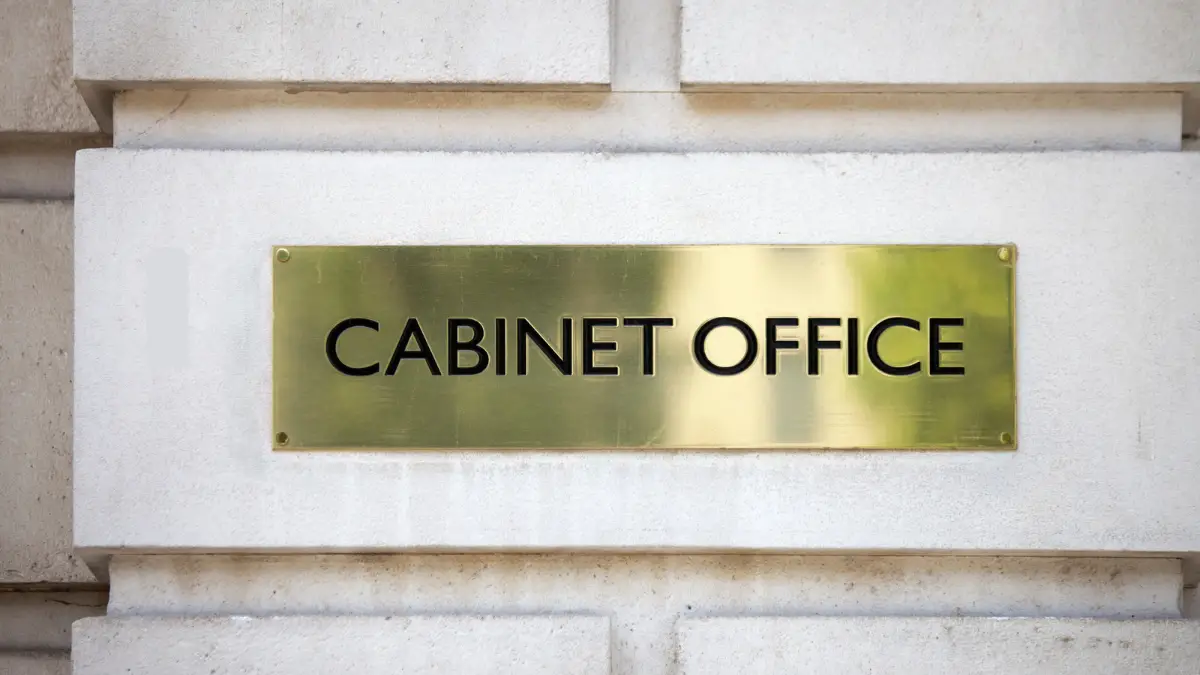Nigeria’s governance system has always seemed to operate under a thick veil of secrecy. There have been whispers of a certain group of elite individuals who call the shots in Nigeria. They have embedded themselves into the power framework of our country. This article explores the hidden systems with which these secret individuals have kept Nigeria spellbound. The cabal theory states that a group of wealthy and influential people control the affairs of Nigeria without the knowledge of the people.
They are said to control key decisions like government policies, government appointments, elections, and how the country is run. Over time, they have strategically set systems in place to ensure that decisions in Nigeria cannot be made without their influence.
Historically, every administration has been accused of having a secret group of people behind them. The influence of the cabal is seen as a significant factor in perpetuating corruption and weakening democratic institutions. All of which in turn stunts Nigeria’s growth.
Anatomy of a Cabal Theory
Cabal groups do not appear by chance. They are organized and strategic with a goal, sworn to secrecy away from the citizens.
A well-known example of cabal politics in Nigeria is the administration of President Umaru Musa Yar’Adua. When he became ill, the country witnessed how a few powerful individuals manipulated his health status and wielded control over national affairs. This era provided a glaring example of the cabal’s influence at the highest level of governance.
The influence of the cabal deeply penetrated the Goodluck Jonathan administration, with a small, powerful group, often referred to as the “kitchen cabinet,” controlling key decisions. Notable figures like Diezani Alison-Madueke, the oil minister entangled in corruption controversies. And Ama Pepple, a close confidante of the president, became symbols of a governance style shrouded in secrecy. Although Jonathan held the title of president, he was a puppet to the hands behind the curtains of secrecy.
Despite President Buhari’s vow to break the cabal’s grip on power, he became entangled in its complex network. Rumors of a “northern cabal” operating from Katsina frequently surfaced in the news. Key figures such as Mamman Daura, the president’s nephew, and Abba Kyari, the influential chief of staff, became emblematic of behind-the-scenes deal-making and unrestrained influence.
The Human Cost of Cabal Politics
At the core of the cabal theory lies the impact it has on ordinary Nigerians. The people affected are the everyday citizens who are oppressed time and time again. The system that was meant to protect them now steals from them before their very eyes. Promising sweet lies of change which is then promised from administration to administration.
There was an incident in 2018 where staff from the Joint Admissions and Matriculation Board (JAMB) in Nigeria claimed a snake swallowing a whopping sum of ₦36 million cash. The “snake swallowing money” story symbolized how outlandish excuses were used to cover up corruption in Nigeria. Further fueling public frustration with the country’s governance and institutional accountability.
Amidst the crises of the Naira notes redesign in 2023, amid the scarcity of cash, allegations of a bullion van spotted at Bola Ahmed Tinubu’s residence spread around social media. The timing of the van’s appearance led to suspicions of vote-buying and financial manipulation during the election Period
On October 20, 2020, at the Lekki Tollgate in Lagos, the #EndSARS movement carried out by civilians who were exercising their constitutional right to protest was met with hostility. Leading to the gruesome killings of some of the protesters.
The emotional toll of living under a system controlled by a select few cannot be overstated. Nigerians now feel weak and powerless because no justice comes to those who siphon these funds. The Cabal now owns even justice, the only resort of the common man.

Institutional Vulnerabilities vs Cabal Theory
Government institutions are also part of the systems with which these night marauders control the country. They exploit weaknesses and undermine accountability in these institutions. They manipulate key institutions for personal gain, sidelining democratic processes and fostering corruption.
For example, in the judiciary, the cabal sees to it that all cases of fraudulent activities by their members or associates are adjourned indefinitely. Or are completely thrown out allowing impunity to thrive.
Similarly, in the oil sector, cabals exert control over the allocation of oil licenses and the distribution of revenues. Diverting public funds for private enrichment. This manipulation of key institutions, like the Nigerian National Petroleum Corporation (NNPC), undermines transparency and fosters corruption.
In the security sector, cabals influence the appointment of top military and police officials, as seen during the #EndSARS protests, where there were claims that police actions were directed by political interests, rather than serving the public good.
Even the electoral process is not immune, as cabals manipulate bodies like the Independent National Electoral Commission (INEC), rigging elections by influencing voter registration or altering results. These examples illustrate how cabal influence corrodes the integrity of institutions, leaving them vulnerable to manipulation.
Resistance and Reform
Despite the firm grip the cabals have on the Nigerian government, citizens are pushing back against this control. Civil society groups, grassroots movements, and even some political activists have begun to challenge these cabals and demand accountability.
One notable figure is Dr. Oby Ezekwesili, a former minister and activist, known for her relentless campaign against corruption and impunity. Her advocacy for the “Bring Back Our Girls” movement not only raised awareness about the kidnapped Chibok schoolgirls but also highlighted the government’s failure to act decisively, possibly due to cabal interests.
Citizen activism, led by organizations such as BudgIT and Enough is Enough Nigeria, has energized the public. By leveraging social media campaigns, organizing protests, and launching grassroots efforts, they raise awareness, amplify united voices, and push for accountability.
The #EndSARS movement, sparked by widespread anger over police brutality, unintentionally revealed connections between police leadership and influential political figures. Highlighting how citizen action can peel back the layers of the cabal’s control.
Conclusion
The cabal theory offers a sobering look at the forces that have long shaped Nigeria’s governance. From exploiting institutional weaknesses to undermining the Nigerian constitution and democracy, the cabal’s influence has left a lasting impact on the nation’s development by the day. The human cost is evident in the lives of ordinary Nigerians, who continue to suffer under a system controlled by a select and selfish few.
However, resistance is building, and with the right reforms, Nigeria can begin to reclaim its future. The call to action is clear: Nigerians must unite in the fight to uncover and disgrace the secret forces that have held the country back for too long. By demanding accountability, transparency, and institutional reforms, the citizens can pave the way for a brighter and more just Nigeria.






